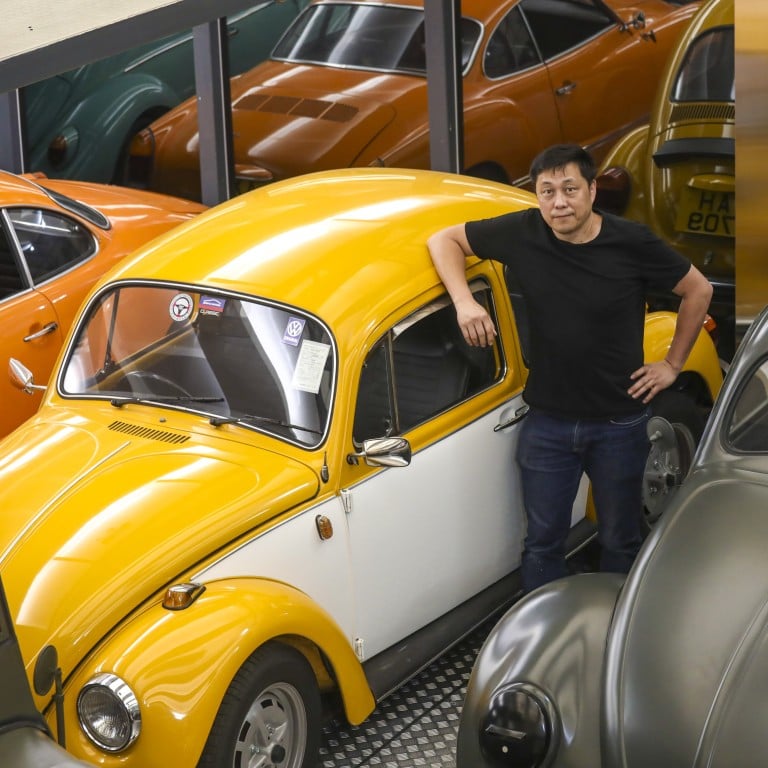
Too fast, too furious: Hong Kong’s classic car lovers slam new anti-pollution rule as hasty fix that they say will cripple sector and hobby
- Classic cars cannot pass new emission tests as their parts are outdated and changing them would reduce vehicles’ value, enthusiasts say
- Paul Ho, CEO of I Automobile Group, says new measure ‘has stifled many young people’s dreams’, suggests modification and speeding rules be tightened instead
Classic car lover Victor Ma Tai-lap, 53, is fiercely proud of his Willys MB Jeep, a green American military truck made in 1943. Classic cars mean the world to the veteran collector, as they always bring him back to time spent with his late father, who once owned the same model.
But Ma, who owns an off-road vehicle repair shop, is frustrated that his grandson and other enthusiasts who can afford the hobby will not be able to import and drive their dream vintage cars.
“We all have dreams. For some people, it might be a luxury watch or buying the car our dads used to have,” he said. “I have been keeping this car that used to be the same model as my dad’s 1943 work vehicle since I was 16. Every time I drive it, I will think of him.”
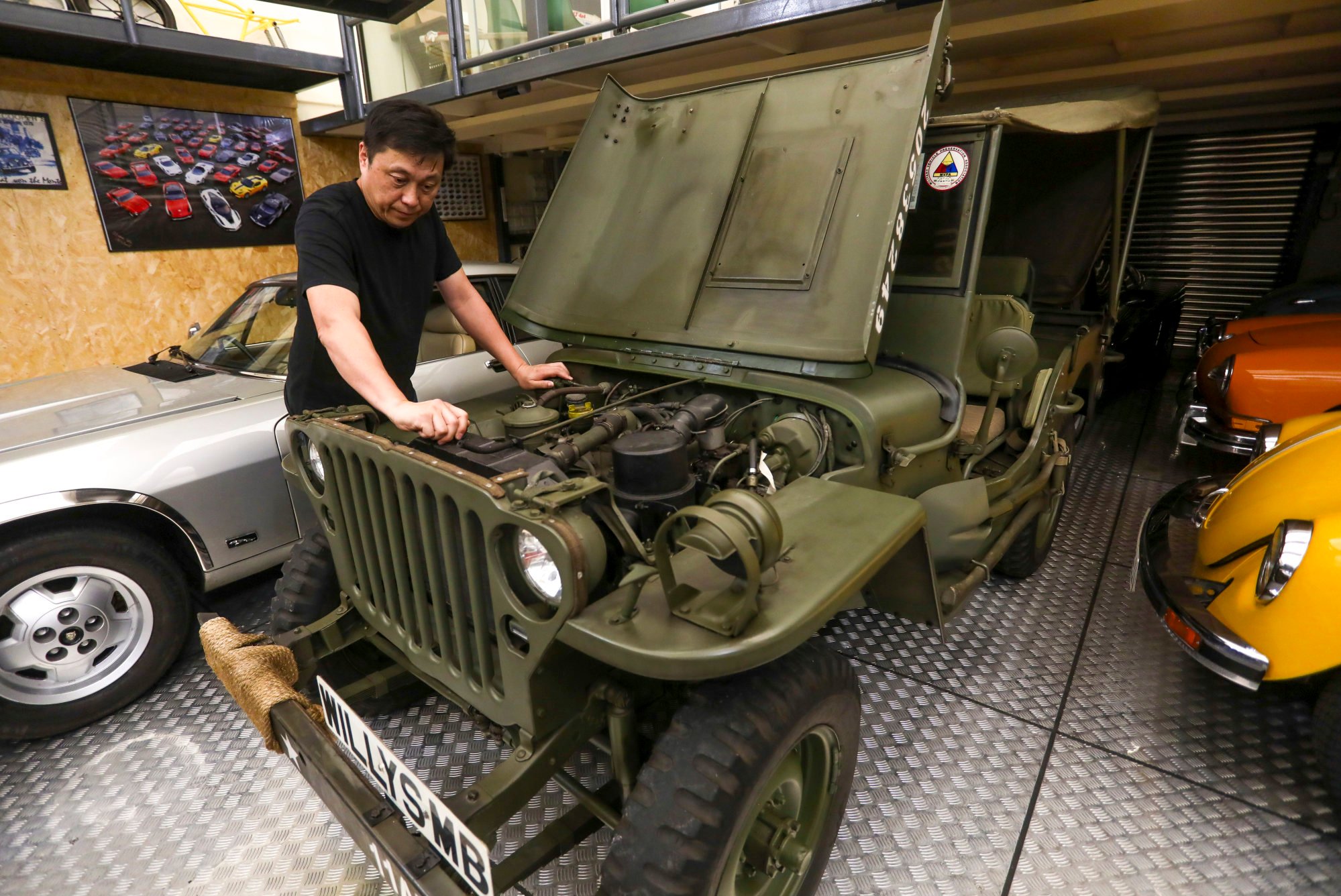
Hong Kong authorities on May 31 announced that classic cars and personal-use petrol vehicles would no longer be exempted from air pollution and noise regulations at first registration starting from this month.
The Environmental Protection Department (EPD) said it found cases of abuse of exemptions.
Under the new arrangement, to register and drive the cars, owners would have to test the vehicles for air pollution and noise emission standards.
The measure has drawn the ire of classic car fans and businesses, who said it would cripple imports of such vehicles, the cheapest of which would cost about HK$100,000 (US$12,739).
Ma said classic cars could never pass emission tests, which followed Euro 6, the latest European emission standards, as their parts were outdated.
According to the EPD, the number of cars exempted from noise and air emission regulations annually had increased from 696 in 2017 to 1,543 in 2021.
Among some 5,000 vehicles exempted from such regulations in total, 97 per cent were classic cars, which accounted for about 3 per cent of the total number of private vehicles for first registration.
Ma said it was common for enthusiasts to import classic cars and spend years repairing them before the first registration, estimating there were more than 2,000 such vehicles that could not get listed under the new measure.
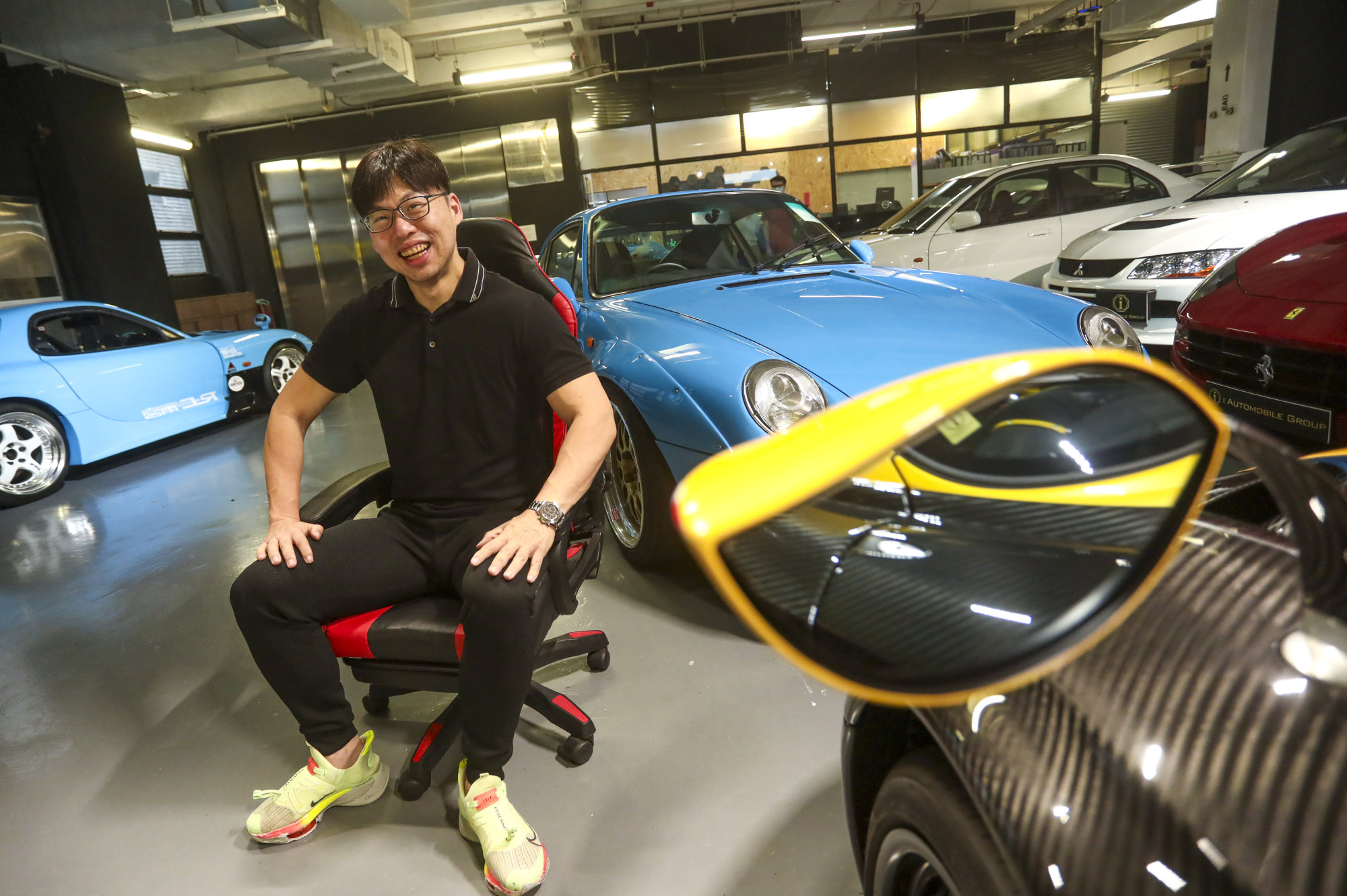
Painting everyone with the same brush
The EPD had met sector representatives on June 10, including Paul Ho Yun-man, CEO of I Automobile Group, one of the biggest second-hand car dealers in the city.
Ho said officials had hinted at noise pollution caused by modified Japanese race cars in recent years, adding they might be referring to illegal races.
But Ho argued authorities were painting everyone with the same brush, suggesting instead that modification and speeding regulations should be tightened.
“Not everyone who buys old Japanese race cars will modify them and take part in speeding. People who buy new cars, Benz or BMW may also modify the exhaust system of their cars and make it extremely noisy,” he said.
Ho said eight to 10 per cent of his sales involved mostly Japanese race cars that were “youngtimers” – classic cars with 20 to 30 years of history, considered more practical than older models – and popular among people in their thirties and forties.
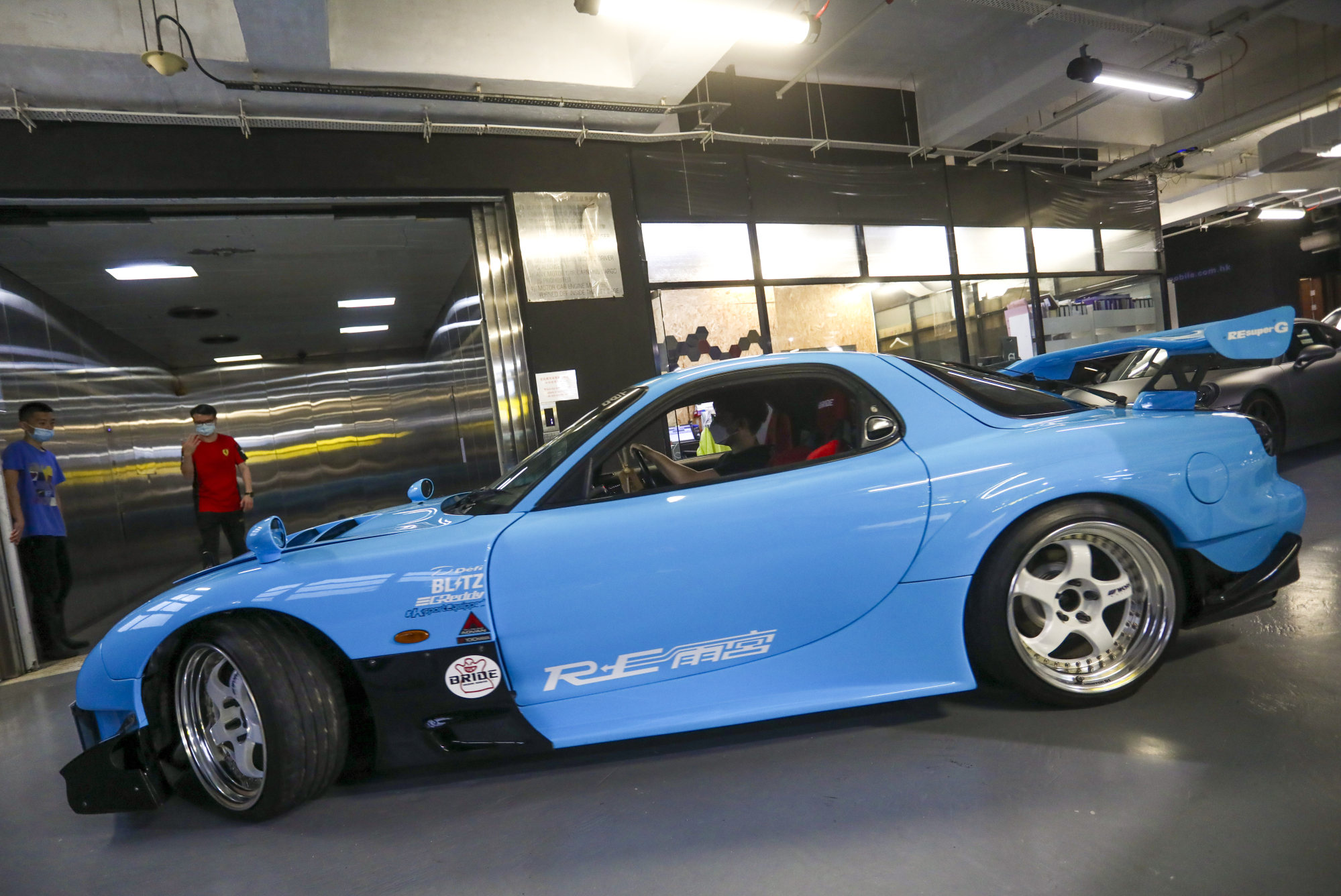
“They learned about these cars through Japanese comics, movies and video games,” he said. “[The new measure] has stifled many young people’s dreams.”
Archie Yiu Nga-chi, founder of car brokerage Classicsracer, said he had seen a 20 per cent growth in sales of “youngtimers” during the Covid-19 pandemic.
He said the new measure would affect about 60 per cent of his business, as “youngtimers” owners would prefer registering and driving them.
Yiu and Ho said they had 90 and 30 of such cars stored in their shops that could not be registered and sold.
Without new imports, the prices of classic cars that had been registered might surge in the short term, Ho said. But in the long term, older technicians specialising in classic cars might end up losing their jobs.
Culture stamped out
Although people could still import classic cars without registering and driving them, Ma said no one would do so.
“Cars have to be driven from time to time. They are different from collecting dolls. Even an 80-year-old elderly person has to exercise to move his legs,” he said. “It will cut off the classic car culture. It is a one-size-fits-all approach.”
Owners could opt for a movement permit issued by the Transport Department, which allows non-registered classic cars to be driven for events held by car clubs for 12 days at most within a year.
But Connie Lau Shu-ying, chairman of the Collectors Car Club of Hong Kong with over 500 members, said it was inconvenient because owners would have to obtain confirmation from the clubs and permission from the department every time they took their rides out for a spin.
James Bond would be envious of this Hong Kong ‘library’ of cars
She said changing parts to pass the emission test was unfeasible as it would reduce their value.
Lau said the club was “shocked and saddened” as no one was consulted about the new measure, which was announced less than six hours before its implementation.
The Classic Car Club of Hong Kong, with some 600 members, said the same, finding the new measure “regrettable”.
Responding to the Post, the EPD explained it did not consult the sector to prevent a wave of classic cars from entering Hong Kong, which might undermine environmental quality.
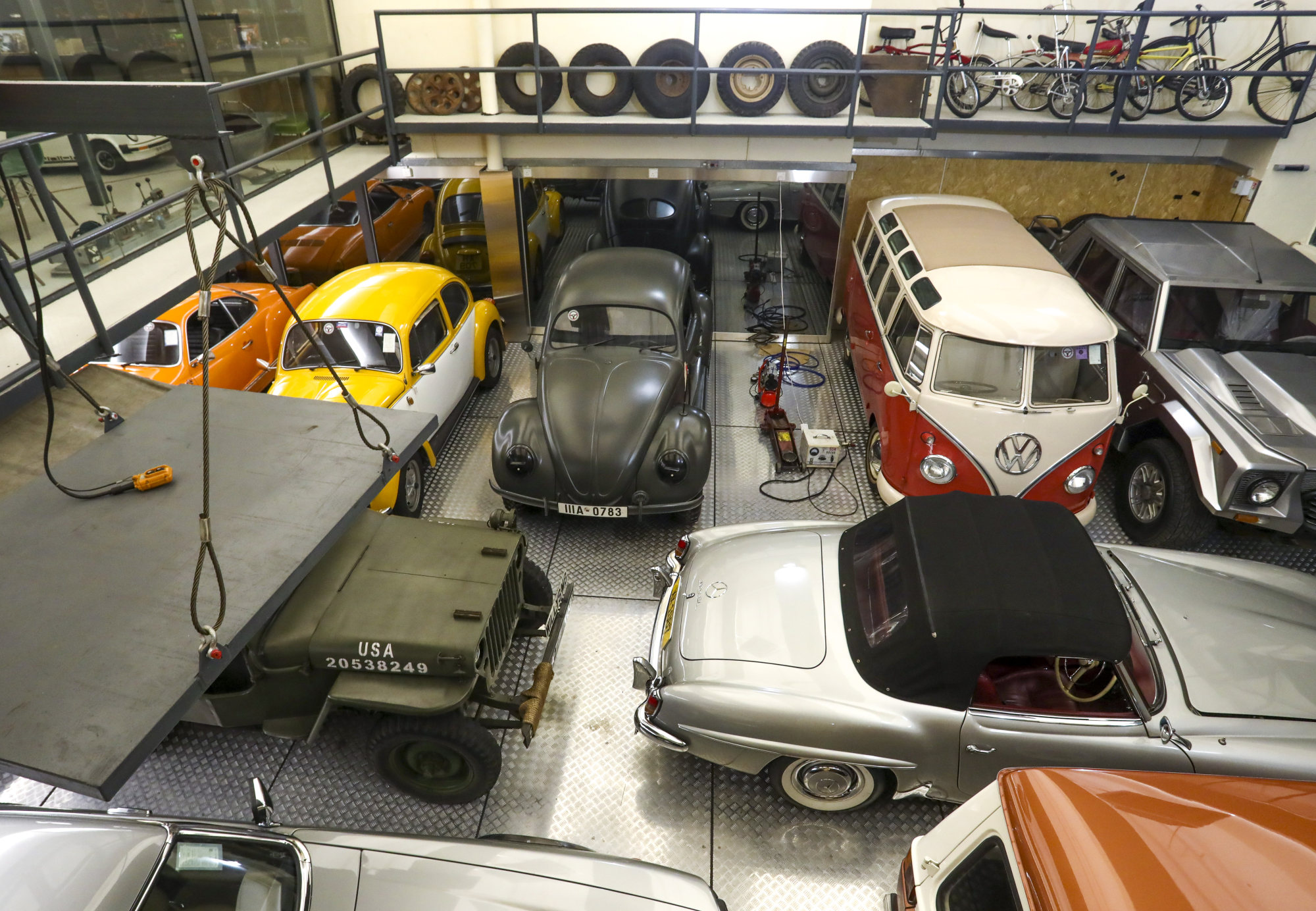
Environmental concerns
The EPD said it found more than 70 per cent of exempted vehicles were models for daily transport and could emit air pollutants 10 times greater than those from vehicles that met emission standards, as well as cause noise pollution if modifications were involved.
While environmental group Greener Action’s Angus Ho Hon-wai said the decision was generally “good”, authorities should balance environmental concerns with the rights of the sector, as well as consult the public beforehand.
He added that the measure’s influence might be small, citing data from Britain, which found that the total emission from classic cars, which had low usage levels, was much lesser than from younger cars.
Clean Air Action’s Patrick Fung Kin-wai echoed Ho’s views, adding it would send a positive signal to the public about emission reduction.

Dream dashed
Those who signed a purchase contract or paid for a car before June 1 were allowed to apply for an exemption before June 14 by submitting the original copies of documents such as the buying agreement. About 750 such applications had been submitted as of May 10.
Andrew Marshall, a 50-year-old restaurant owner, had just bought a classic car last month, which was on its way to Hong Kong, saying the 14-day buffer was too short as some of the original papers were being shipped with the vehicle.
He added that he had submitted the copies anyway and hoped for the best.
But Marshall had to give up another car he won in an auction in May, which was unpaid for and ineligible for the exemption, while the seller had threatened to sue him.
His dream to start a classic car renting business was dashed.
“Classic cars are really like an emotional thing to people of my age and above. It takes you back to an easier time in life in the 70s and 80s,” he said.
“It’s just a nice feeling to be able to cruise along on a Sunday in one of these vehicles … You can’t get that with modern cars.”

